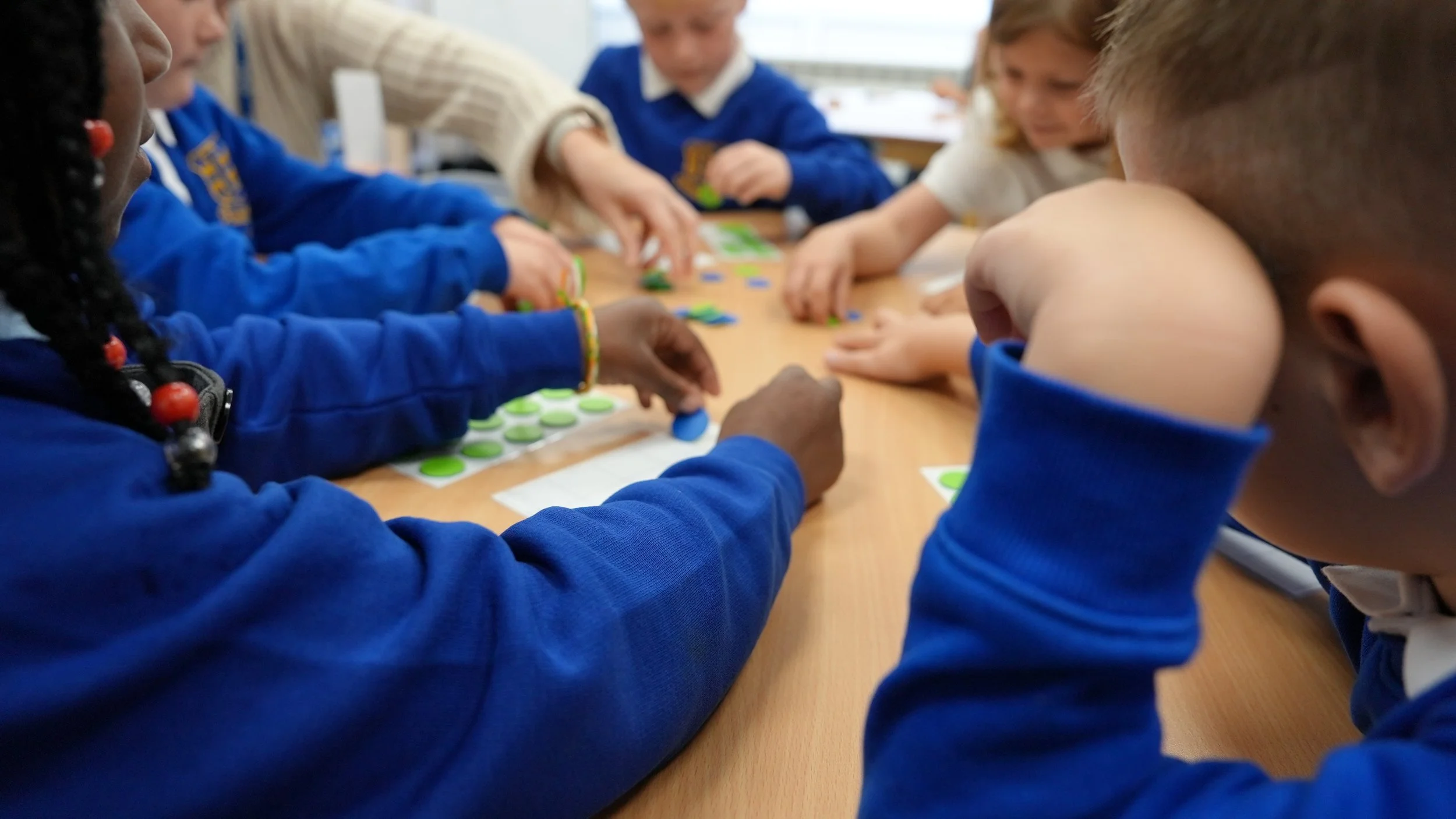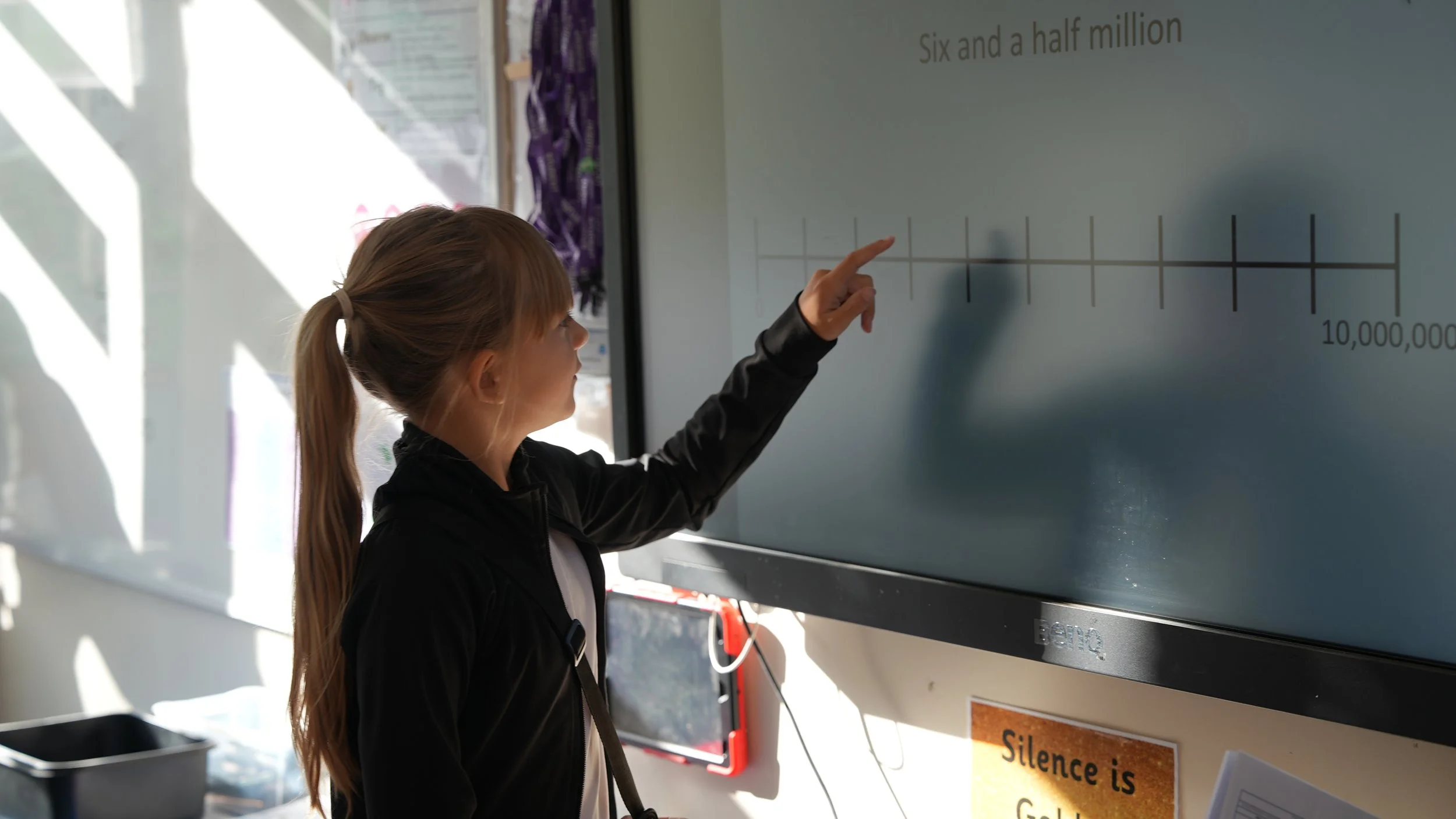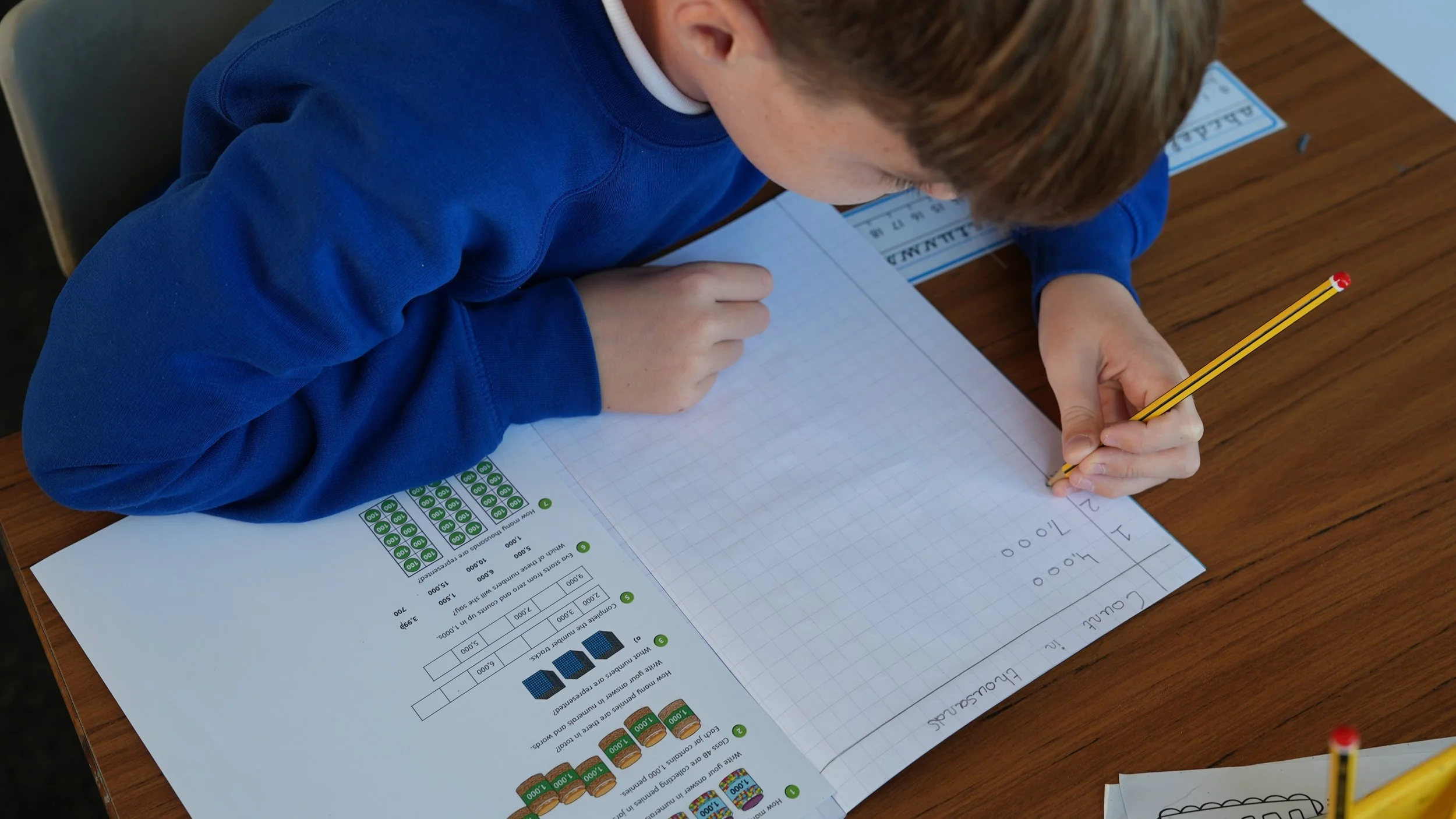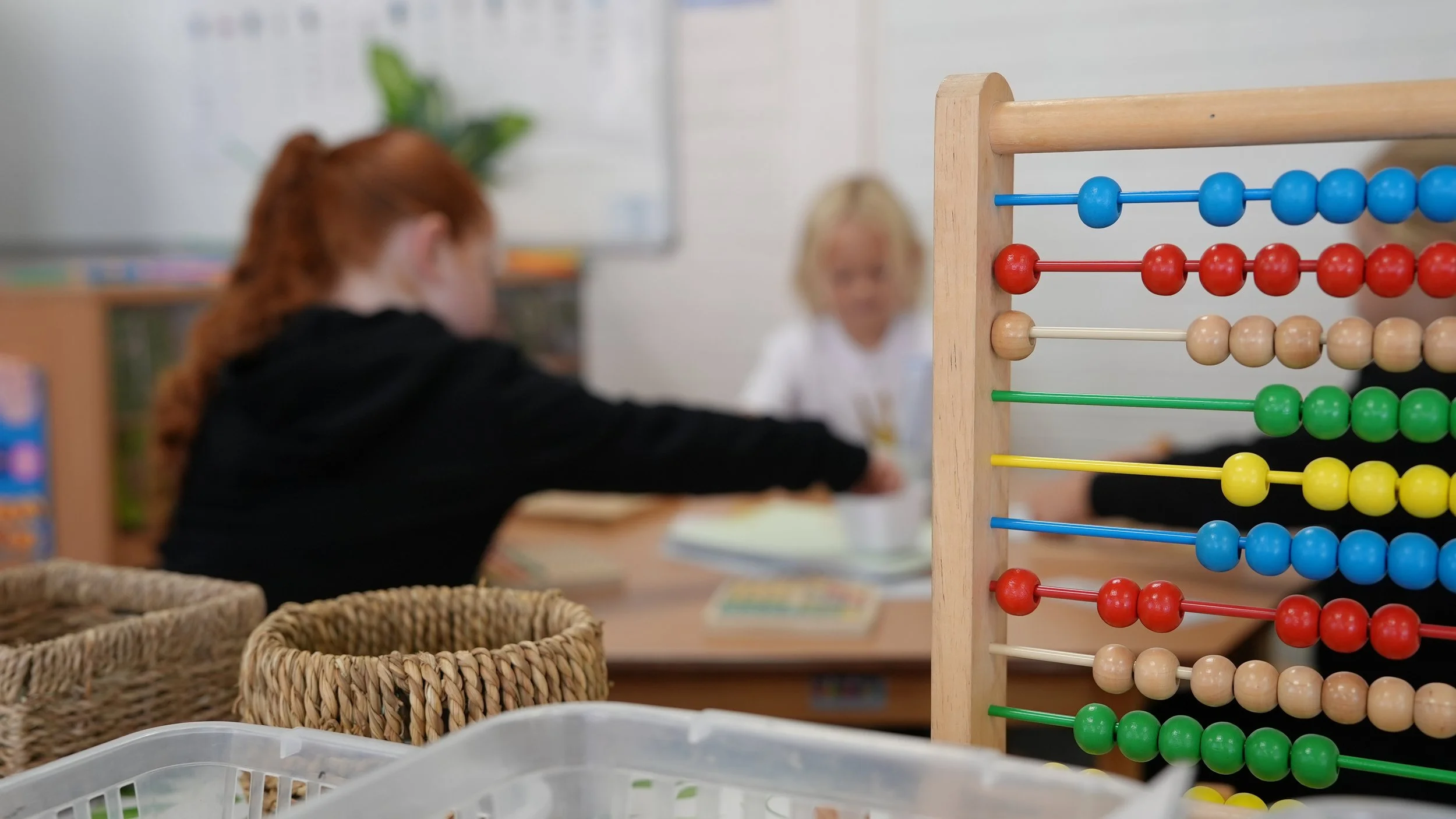
Maths
At Lingham we believe that all children can do maths and developing a growth mindset is central to our teaching.
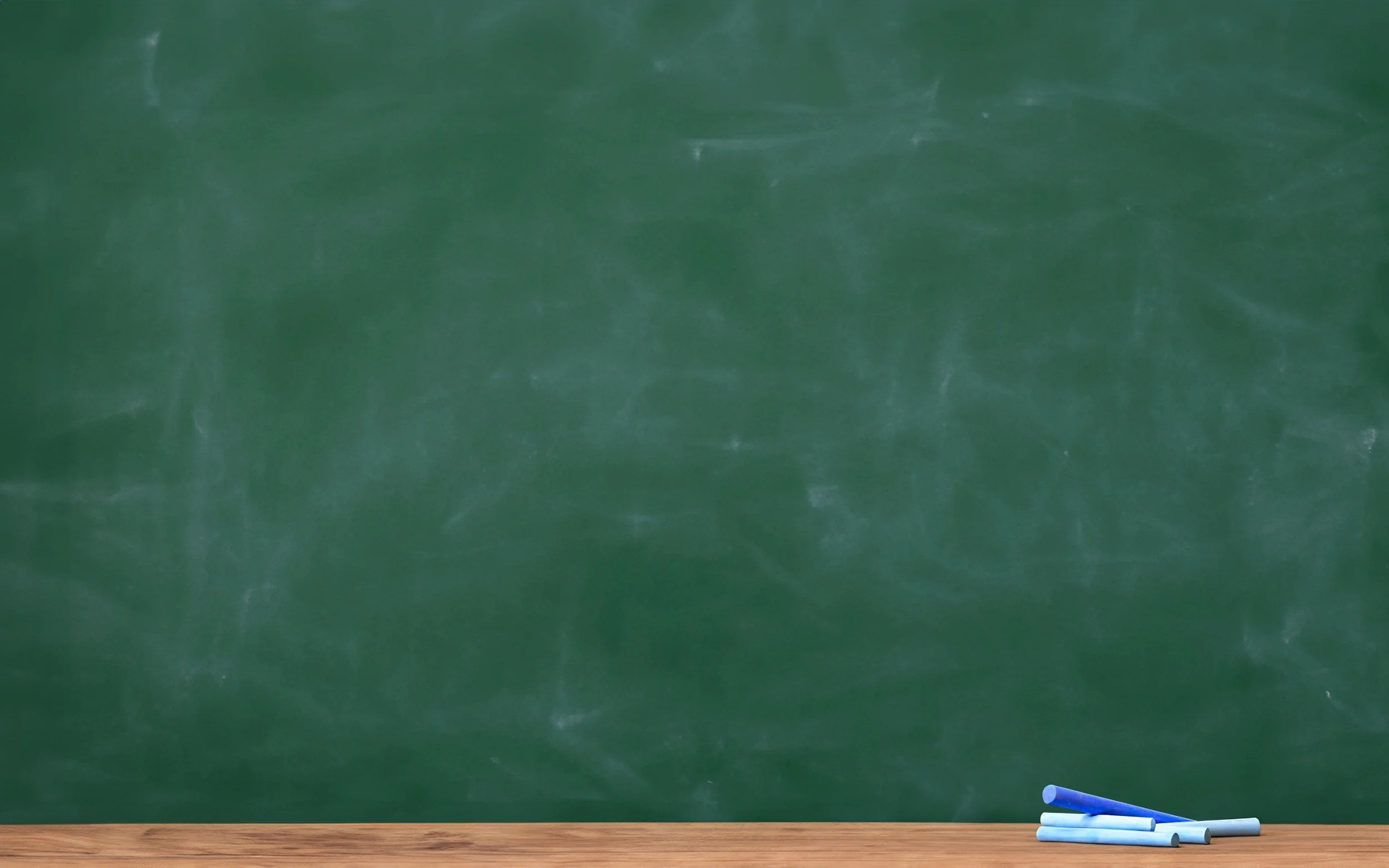
Mathematics at Lingham Primary School
At Lingham, we aim to build happy, confident and resilient mathematicians who are well-equipped to. Through our maths lessons we aim to:
Deepen pupils’ knowledge of facts and procedures to become fluent mathematicians.
Enable pupils to reason mathematically and problem solve.
To close any gaps children may have in their knowledge through quality teaching and targeted intervention so that no child is disadvantaged.
Give pupils the opportunity to use practical apparatus and manipulatives to support children in understanding complex mathematical ideas.
Cultivate learners who love maths.
Fulfil the requirements of the National Curriculum (outlined below).
The National Curriculum for Mathematics aims to ensure that all pupils:
Become fluent in the fundamentals of mathematics so that they can develop their conceptual understanding and the ability to recall and apply knowledge rapidly and accurately.
Reason mathematically, including being able to develop an argument, justification or proof using mathematical language.
Solve problems by applying their mathematics to a variety of problems, including breaking them down into a series of smaller steps, and persevering in seeking solutions.
At Lingham, we follow the White Rose Scheme of Learning from Foundation Stage up to Year 6. The principles of mastery underpin this scheme and our teaching aims to carefully consider the 5 Big Ideas – Coherence, Mathematical Thinking, Representations and Structures, Fluency and Variation.
We adopt a whole class teaching approach, keeping the class working together and giving all pupils the chance to work on fluency, reasoning and problem solving tasks. Support for all learners is achieved through various forms of scaffolding. This may include, but is not limited to, the degree of adult support provided, asking, enabling and extending questions and using concrete and pictorial models and representations. Pupils who are struggling to grasp a concept or procedure are identified quickly by the teacher and intervention is put in place to try to ensure pupils are ready to move forward with the rest of the class. All teachers plan daily retrieval activities in each lesson to ensure that key learning is revisited and reinforced to help move learning into the long term memory; this includes key concepts from previous years. We use progression documents that show each strand in maths and illustrate the children’s learning journey from Foundation stage to Year 6. Teachers use these documents to ensure the curriculum is progressive and fully covered in a timely and accessible manner.
We adapt the White Rose scheme of learning in the following ways to meet the needs of our learners at Lingham:
Teachers clearly identify the key learning point for each lesson and edit / streamline the slides provided to target the key learning.
Teachers carefully select and use a range of concrete and visual resources to expose the mathematical structures in a lesson.
Teachers explicitly model methods and approaches and use the pedagogy of ‘Retrieve, Observe, Try and Do’ :
We use NCETM Mastering Number in FS and KS1 as an additional scheme of learning to develop strong number sense and calculation fluency.
In our EYFS classes, pupils work towards the Early Learning Goals for Number and Numerical Patterns using the White Rose scheme of learning. Each week, learning challenges in provision link to the key learning and provide opportunities for independent application. Children record their maths learning in their journals. White Rose materials are used alongside teacher’s rich and meaningful maths provision opportunities
In addition to the daily maths lesson, children in year 1 – 6 have additional maths sessions to improve fluency and number sense. Children complete Daily 10s and fact fluency sessions.


